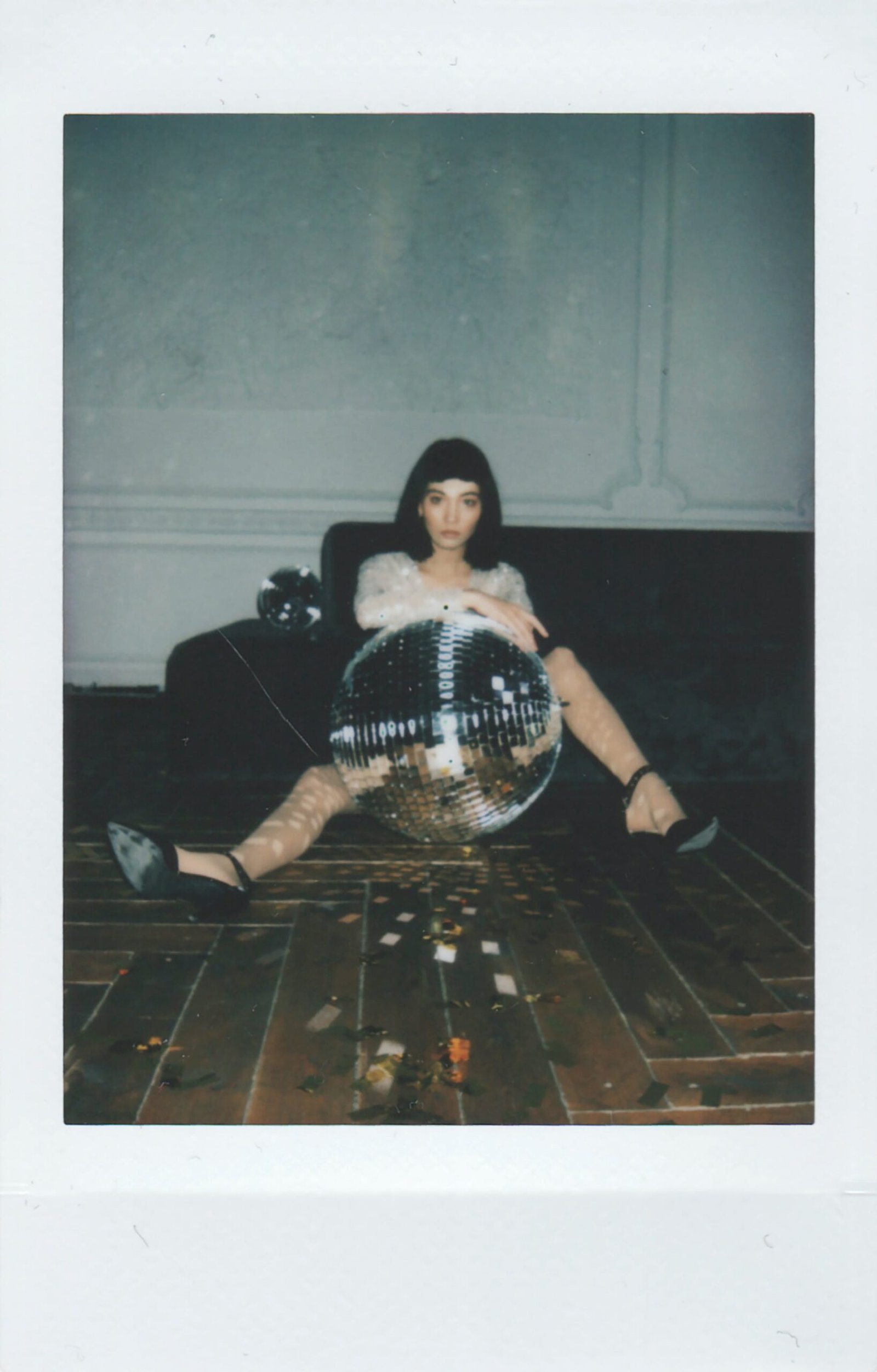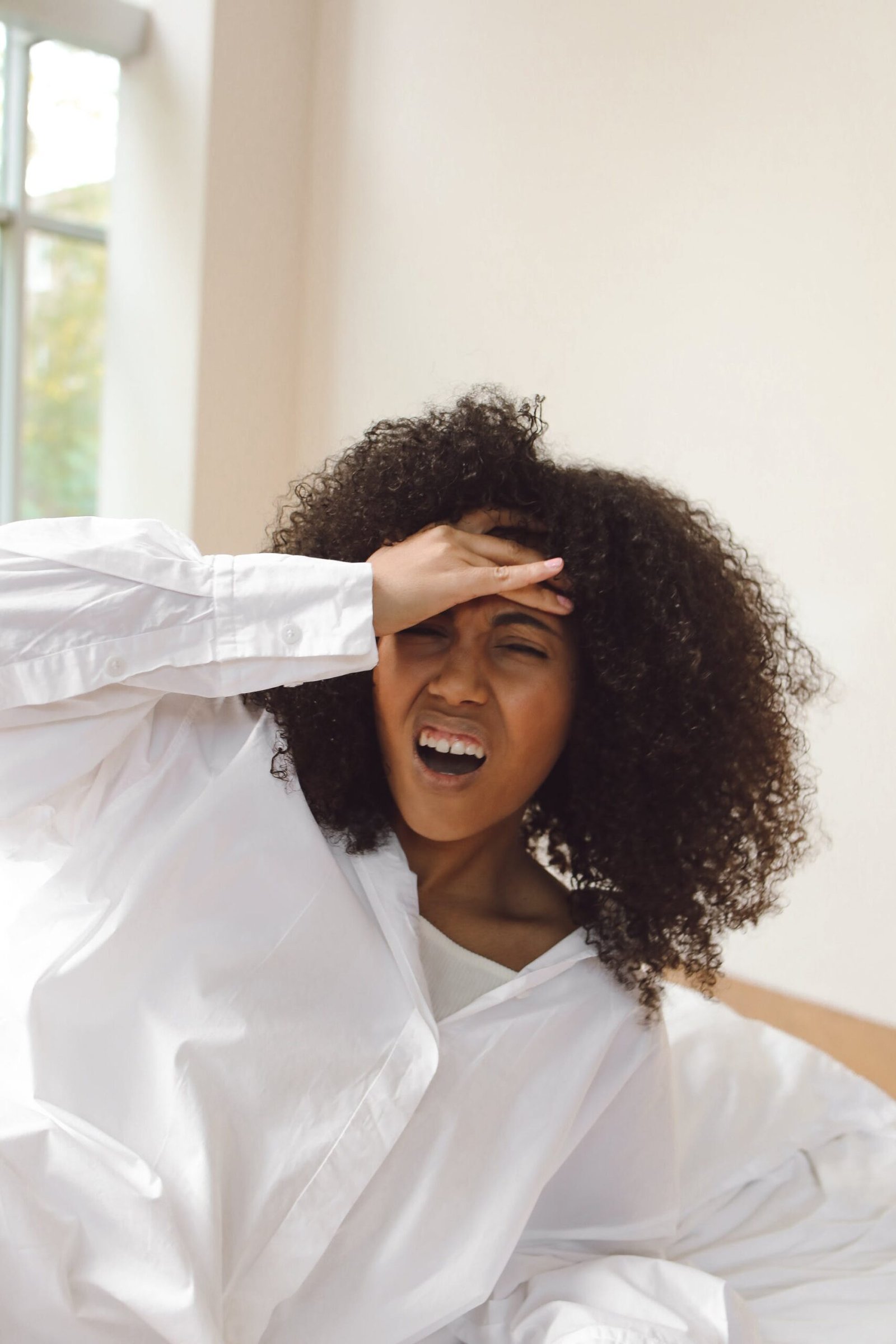
If you’ve ever had trouble getting a good night’s sleep after a few drinks, you’re not alone. Many of us have experienced the restless tossing and turning that follows a night of alcohol consumption. But fear not! In this article, we will share with you some practical tips to help you improve your sleep quality after indulging in a few glasses of your favorite spirit. From adjusting your bedtime routine to making simple changes in your environment, these tips will have you waking up feeling refreshed and revitalized. So, grab a comfortable seat and prepare to discover the secrets to a better night’s sleep after consuming alcohol.
Tips for Getting Better Sleep After Consuming Alcohol

Understanding the effects of alcohol on sleep
Alcohol is known to have significant effects on sleep cycles and overall sleep quality. While it may initially make you feel sleepy, it can disrupt the natural sleep patterns that your body needs to feel refreshed. Understanding how alcohol affects your sleep is the first step in improving your sleep after consuming alcohol. When you drink alcohol, it acts as a sedative, making you feel drowsy and relaxed. However, it also inhibits REM sleep, which is crucial for memory consolidation and overall cognitive function. This can lead to a feeling of grogginess and fatigue the next day.
Setting a limit on alcohol consumption
The key to getting better sleep after consuming alcohol is to set a limit on your alcohol intake. The National Sleep Foundation recommends that women limit themselves to one alcoholic drink per day and men limit themselves to two alcoholic drinks per day. By sticking to these guidelines, you can reduce the impact of alcohol on your sleep. It’s important to remember that moderation is key when it comes to alcohol consumption, not just for better sleep, but also for your overall health and well-being.

Allowing time to sober up
After a night of drinking, it’s important to allow enough time for your body to metabolize the alcohol before you go to bed. Alcohol is processed by your liver at a rate of about one standard drink per hour. So, if you’ve had a few drinks, give yourself plenty of time to sober up before you lay down to sleep. This will help reduce any negative effects that alcohol may have on your sleep, such as disrupted sleep patterns and decreased sleep quality.
Hydrating before bedtime
Alcohol is a diuretic and can lead to dehydration, which can further disrupt your sleep. To counteract this, make sure to drink plenty of water before you go to bed after consuming alcohol. Staying hydrated will not only help reduce any potential hangover symptoms but will also promote better sleep. Keep a glass of water by your bedside to sip on throughout the night if you wake up feeling thirsty. Hydration is crucial for optimal sleep, so prioritize this aspect even after consuming alcohol.

Avoiding caffeine and stimulants
Caffeine and other stimulants can interfere with your body’s natural ability to fall asleep. It’s best to avoid caffeine altogether in the evening, especially after consuming alcohol. Instead, try a warm herbal tea or a soothing hot beverage like chamomile tea before bed. These can help relax your mind and body, making it easier to drift off to sleep. By avoiding caffeine and other stimulants, you’re giving your body the best chance to wind down and prepare for a restful night’s sleep.
Creating a calming bedtime routine
Establishing a calming bedtime routine can help signal to your body that it’s time to sleep, even after consuming alcohol. Engaging in relaxing activities before bed can help promote better sleep quality. Consider reading a book, taking a warm bath, or practicing gentle stretching or yoga. These activities can help your mind and body unwind, allowing you to fall asleep more easily. Find what works best for you and incorporate it into your nightly routine for a more restful sleep.
Creating a comfortable sleep environment
Your sleep environment plays a significant role in the quality of your sleep, especially after consuming alcohol. Ensure that your bedroom is dark, quiet, and at a comfortable temperature. Consider using blackout curtains or an eye mask to block out any external light that may disrupt your sleep. Use earplugs or a white noise machine to mask any sounds that could potentially interrupt your sleep. Additionally, investing in a comfortable mattress and pillows that support your sleep style can contribute to a more comfortable sleep environment.
Using relaxation techniques
Relaxation techniques can help quiet your mind and promote better sleep, even after consuming alcohol. Deep breathing exercises, progressive muscle relaxation, and guided meditation can all help to relax your body and mind before bed. These techniques can help you let go of any stress or anxious thoughts that may be lingering after a night of drinking. Incorporating these relaxation techniques into your bedtime routine can greatly improve your chances of getting a restful night’s sleep.
Avoiding late-night exercise
While regular exercise is beneficial for sleep, engaging in intense physical activity too close to bedtime can actually disrupt your sleep after consuming alcohol. Exercise raises your body temperature and increases your heart rate, making it more difficult to fall asleep. To improve your sleep quality, aim to finish any vigorous exercise at least three hours before bed. Instead, try engaging in gentle stretching or a relaxing yoga practice to help your body unwind before sleep.
Seeking professional help if needed
If you find that you’re consistently struggling to get quality sleep after consuming alcohol, it may be beneficial to seek professional help. A healthcare provider or sleep specialist can evaluate your sleep patterns, identify any underlying sleep disorders, and provide tailored recommendations to help you sleep better. They may suggest techniques such as cognitive-behavioral therapy for insomnia (CBT-I) or prescribe medications if necessary. Remember, getting quality sleep is essential for your overall health and well-being, and seeking professional help can provide you with the support you need to achieve optimal sleep.
In conclusion, getting better sleep after consuming alcohol requires understanding the effects of alcohol, setting limits on consumption, allowing time to sober up, staying hydrated, avoiding stimulants, establishing a calming bedtime routine, creating a comfortable sleep environment, using relaxation techniques, avoiding late-night exercise, and seeking professional help if needed. By implementing these tips, you can improve your sleep quality and wake up feeling refreshed after a night of drinking. Remember, sleep is a crucial aspect of your overall health, so prioritize it even after enjoying a few drinks. Cheers to better sleep!





